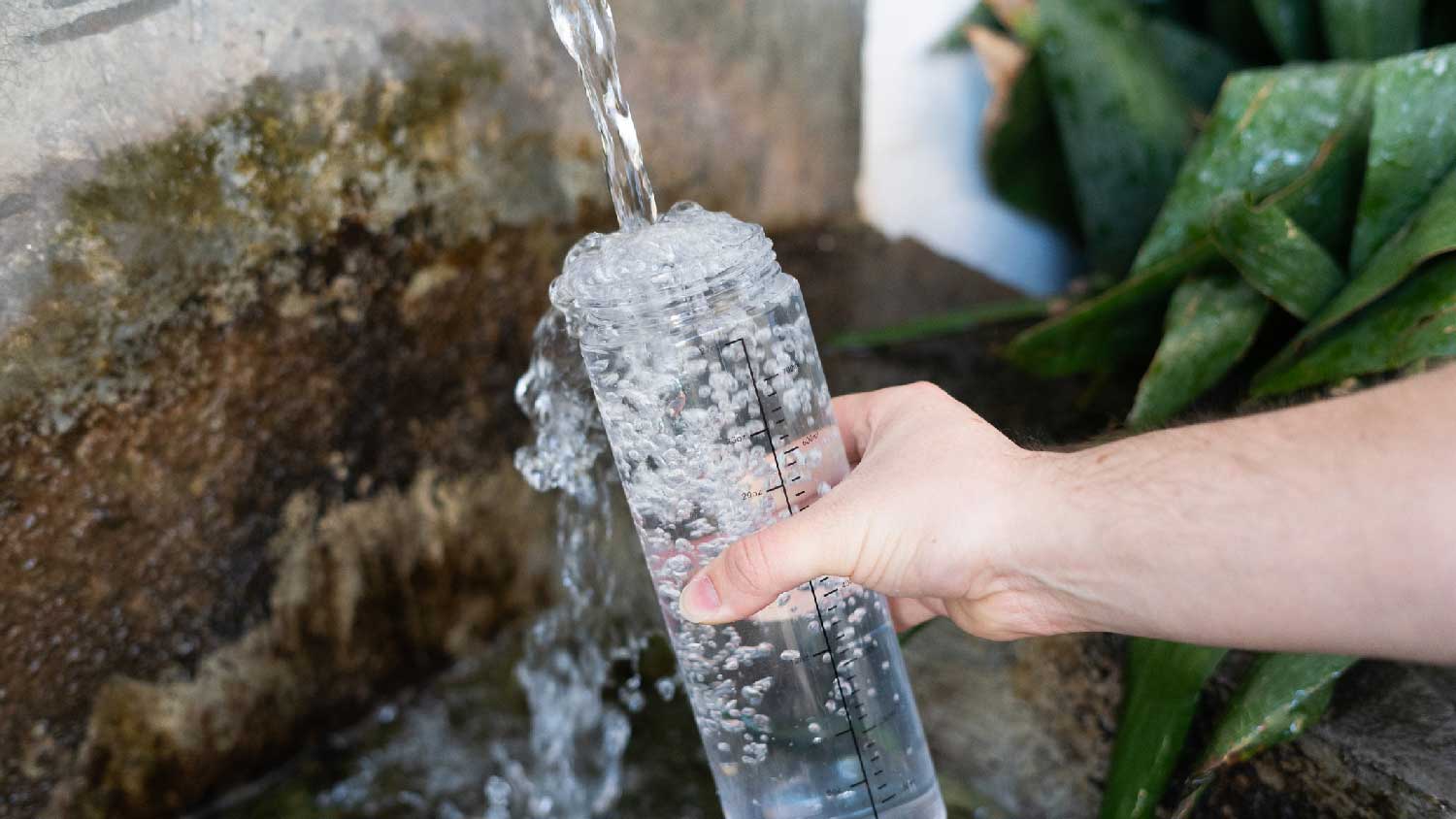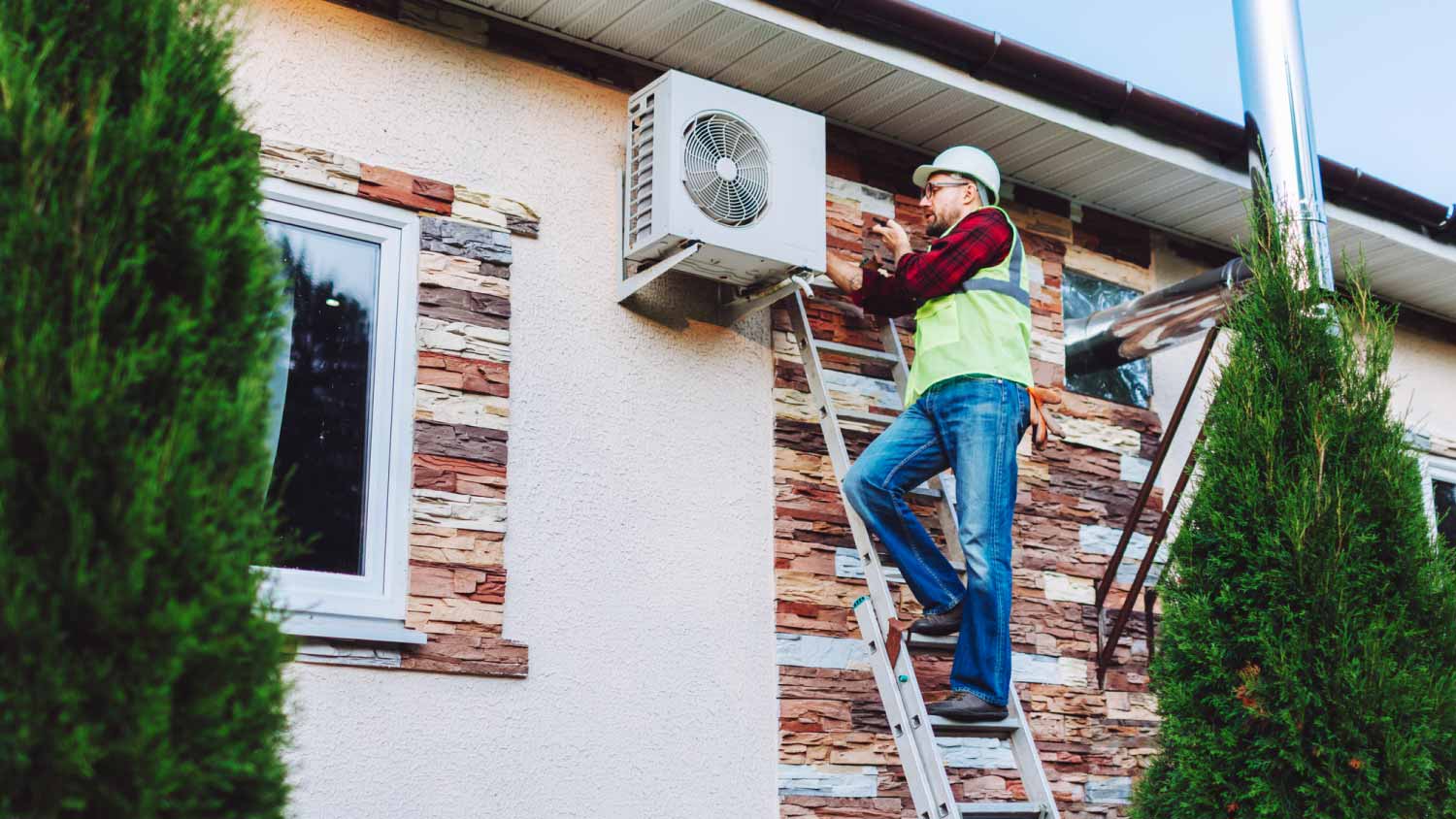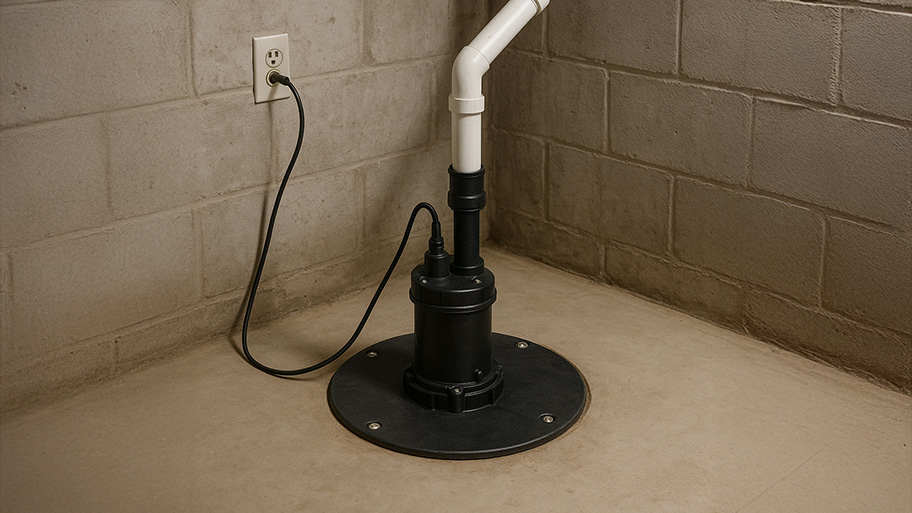
Well pumps require electricity to operate and can affect your monthly bill. Learn about the factors that impact the average cost to run a well pump per month.
Dive deep into the pros and cons of using well water


Well water is drawn from a natural underground source.
Both well water and city water can be good water sources.
Well water provides a private source and fresh, mineral-rich water.
When deciding whether to build a well, consider maintenance and repair costs.
If you’re moving to a rural area or buying a new property, you may be considering whether well water or municipal water is the best fit for your home. From cost factors to personal preference, there are plenty of elements that can influence the choice to dig a well. Explore the basics of water wells and how they differ from city water. Then, dive into the advantages and challenges of well ownership, so you can make an informed choice about your home water supply.
Well water is fresh water from an underground source like a spring or aquifer, which you access by excavating a well on your property. But how does a well work? By attaching a well pump to your well, you can bring this water up into your home to supply drinking water, plumbing, and appliances. Depending upon where you live, used well water can then be directed into a municipal sewer system or into a private septic tank that you get pumped out when it’s full.
Both well water and city water can be clean and reliable water sources for your home. In some cases, the choice between well and city water is a question of access—rural properties often don’t have an affordable connection to the municipal water supply. In other cases, it may be a question of personal preference.
Some municipalities add things like fluoride to the city water, which some people prefer to avoid, while others simply enjoy the mineral-rich nature or the taste of well water. Although the two water sources can be very different, they both offer plenty of advantages for your home.

Whether you’re in a rural area that makes it difficult to access city water, or you simply prefer to have your own water source, there are plenty of advantages to choosing well water.
Depending upon where you live, it might be extremely expensive to access the municipal water supply or to bring in and store water. In other cases, you may simply prefer to have your own water access. Either way, a private water source means you’re free from municipal water bills, and you have a clean, fresh source of drinking water accessible from your own property.
Well water tends to be fresher and more mineral-rich than city water. This can be a great source of healthy nutrients, and many people find it also has a pleasant taste. It’s important to get your well tested to ensure the water meets health standards, but most wells tend to deliver a very high quality of mineral water.
Although major impacts to city water are rare, they can still pose a disruption to water distribution. Issues like flooding, earthquakes, and sewer system problems can affect public access to water, which can sometimes take several days to repair. With the exception of really significant natural occurrences, most private wells are much better protected from problems that affect the municipal water supply.
If you’re deciding whether to build a well on your property, it can also be helpful to explore other costs and concerns that come with accessing well water.
While well water means you don’t need to pay monthly water bills, it does come with an initial investment cost. The national average cost for drilling a well is $5,500 for a 150-foot well, though this will vary depending on where you live and how deep you’re planning to excavate. You’ll also need to hire a local well pump contractor to install your well pump system. Although this can seem like a big sum at the start, most wells last a minimum of 25 years, so this investment cost can easily pay off over time.
Unlike with city water, you’re responsible for managing the upkeep of a private water source. While most wells have a lifespan of at least 25 years, other well water system components, like the well pump, may last closer to 15-20 years.
If you notice issues like rising energy bills, spitting taps, and inconsistent water pressure, it could be a sign that you need a new well pump. Although these repairs and replacements tend to be few and far between, knowing the cost of replacing a well pump can be helpful when considering the pros and cons of using well water for your home.
Water wells use well pumps to move water from the well to your home, and this pump relies on electricity to power the motor. This means that in the event of a power outage, you’ll also lose access to your water. This isn’t a dealbreaker—it just means that it’s a good idea to have a secondary power source like a generator or a solar panel and battery system to power your well pump if there’s a blackout. The electrical usage from the well pump will also add to your electrical bill, but this can also be offset with alternative power sources like solar panels.
From average costs to expert advice, get all the answers you need to get your job done.

Well pumps require electricity to operate and can affect your monthly bill. Learn about the factors that impact the average cost to run a well pump per month.

Your solar well pump cost depends on your well depth and flow rate. Explore these cost factors and more to budget for an eco-friendly pump.

Find out the average heat pump repair cost, what impacts pricing, and how to save. Get transparent estimates and tips for homeowners planning repairs.

Can you have a well on private property? It all depends on local laws. Find out everything you need to know about whether you can dig a well on your property.

Does a sump pump need a dedicated circuit? Find out the wiring and electrical requirements for installing a sump pump in your home.

Dive into our guide on well pipes and what size water line you need from your well to your house for a worry-free water supply system.